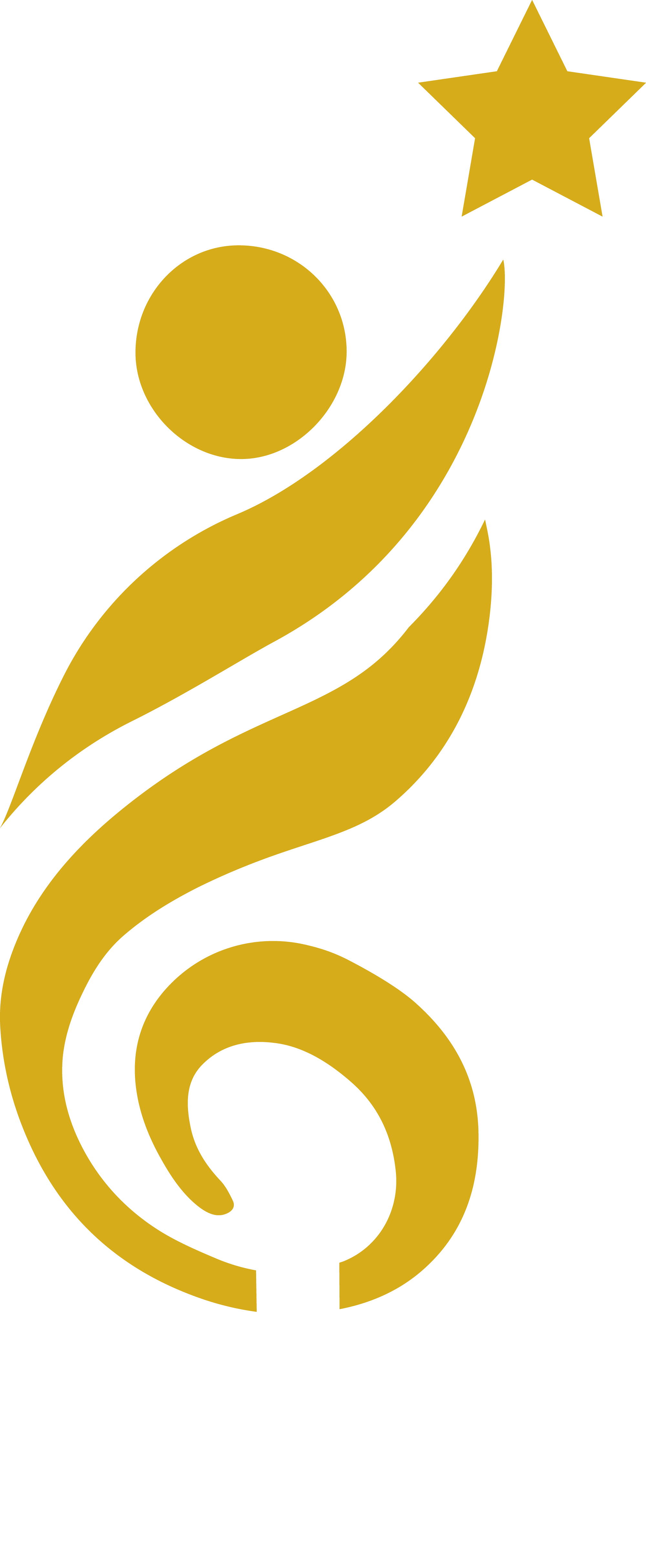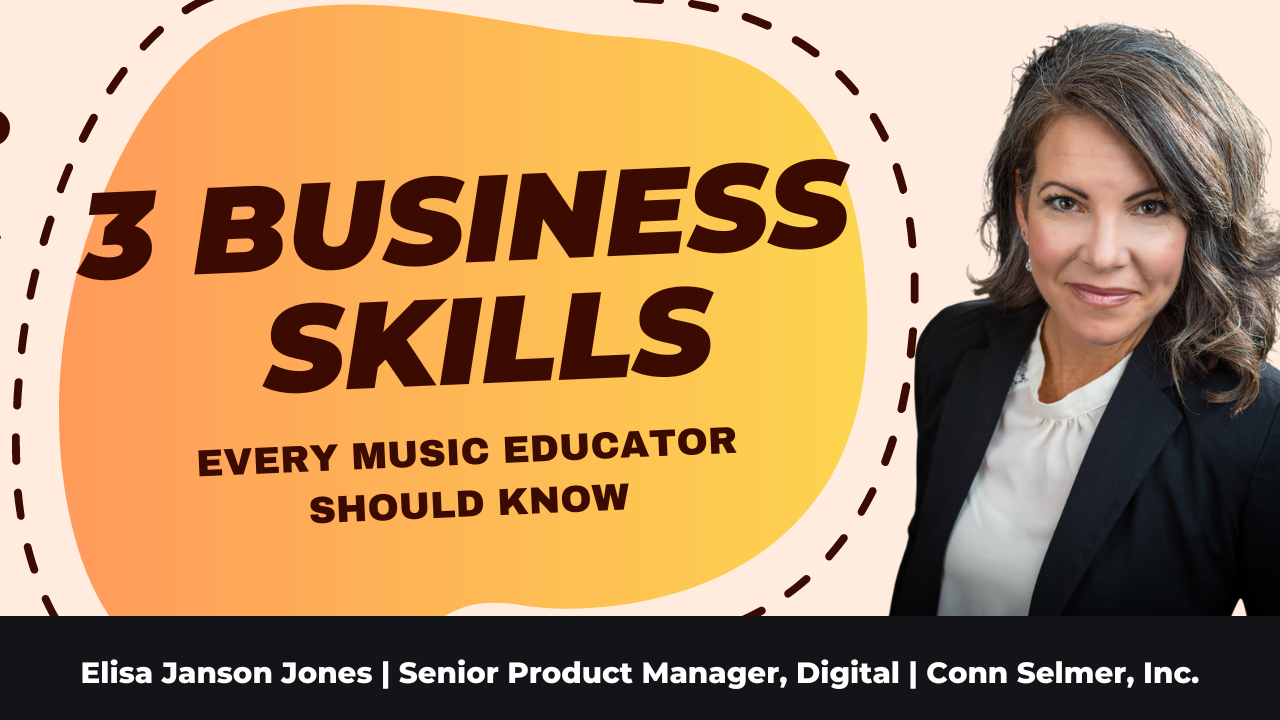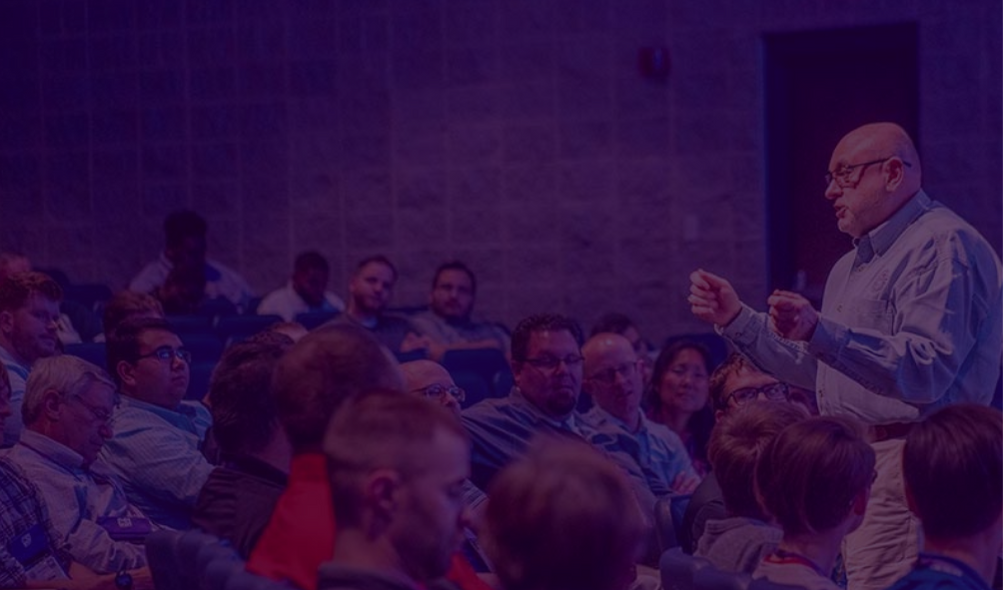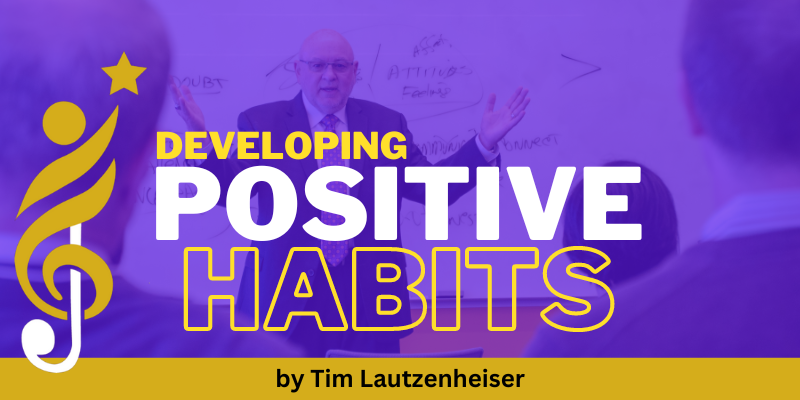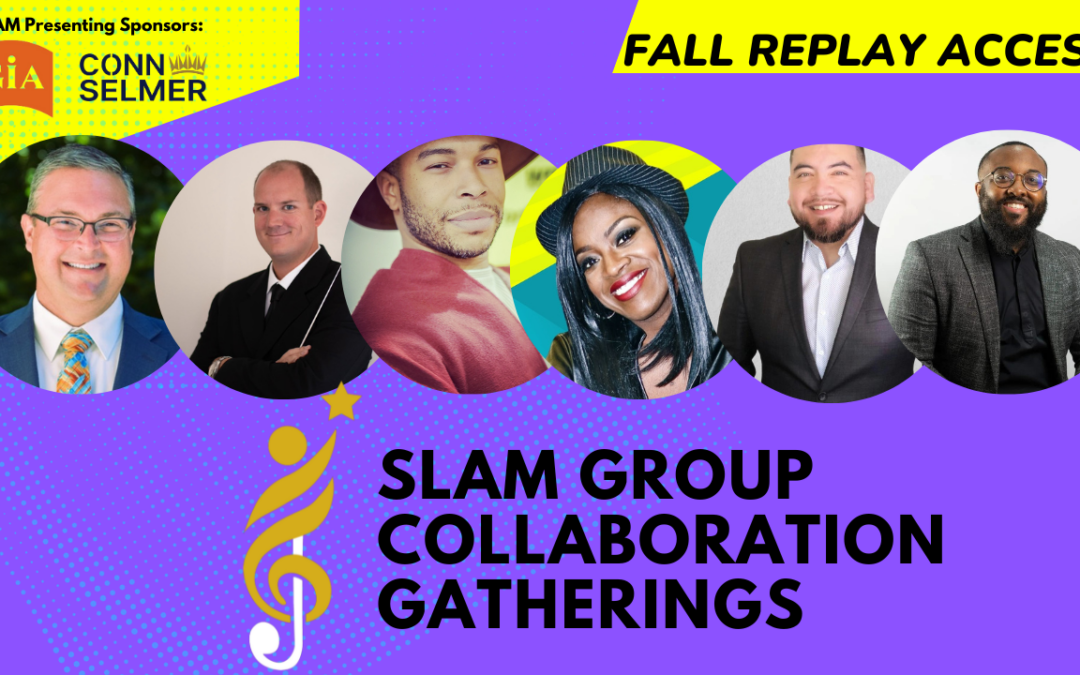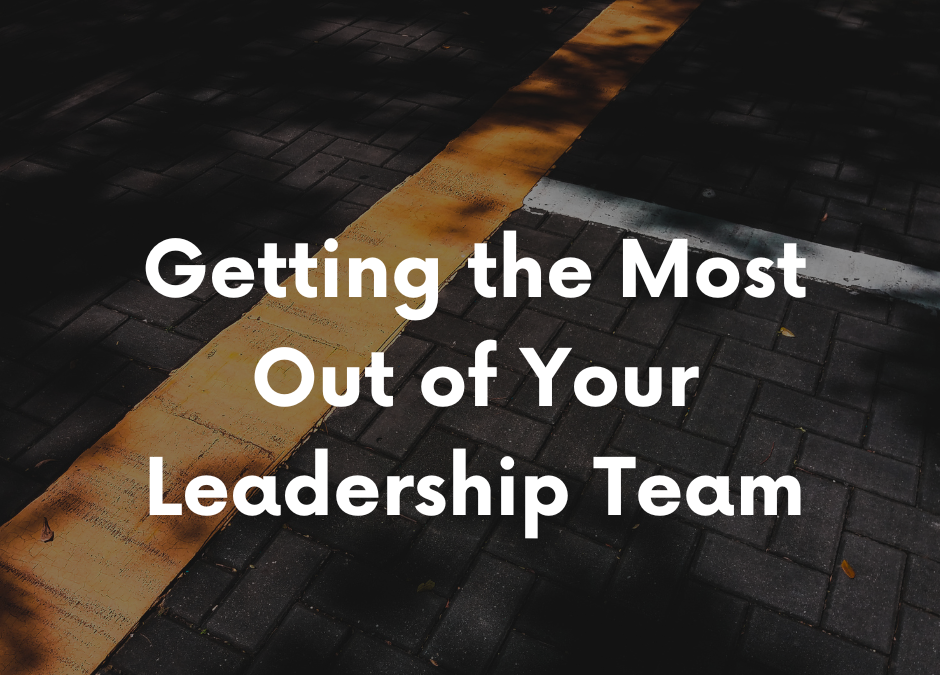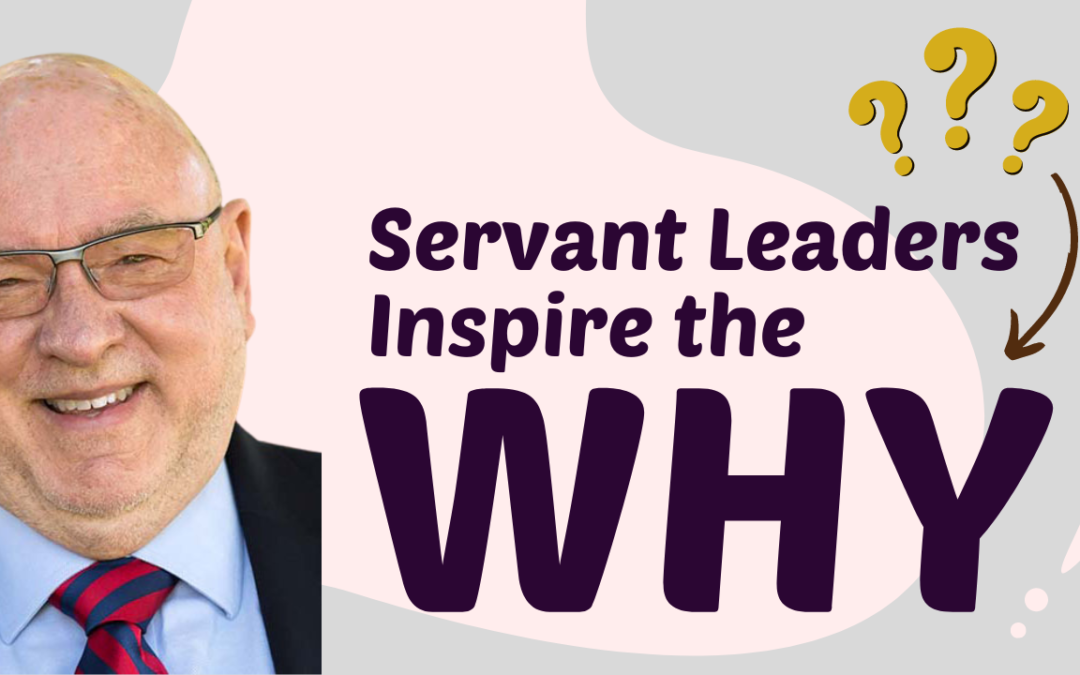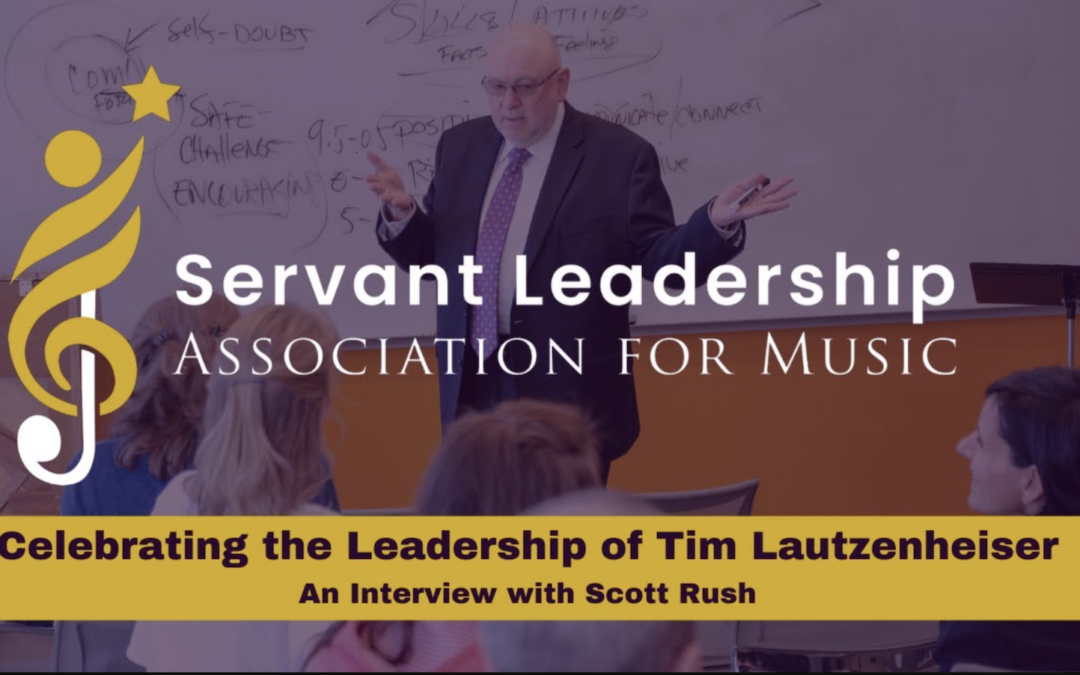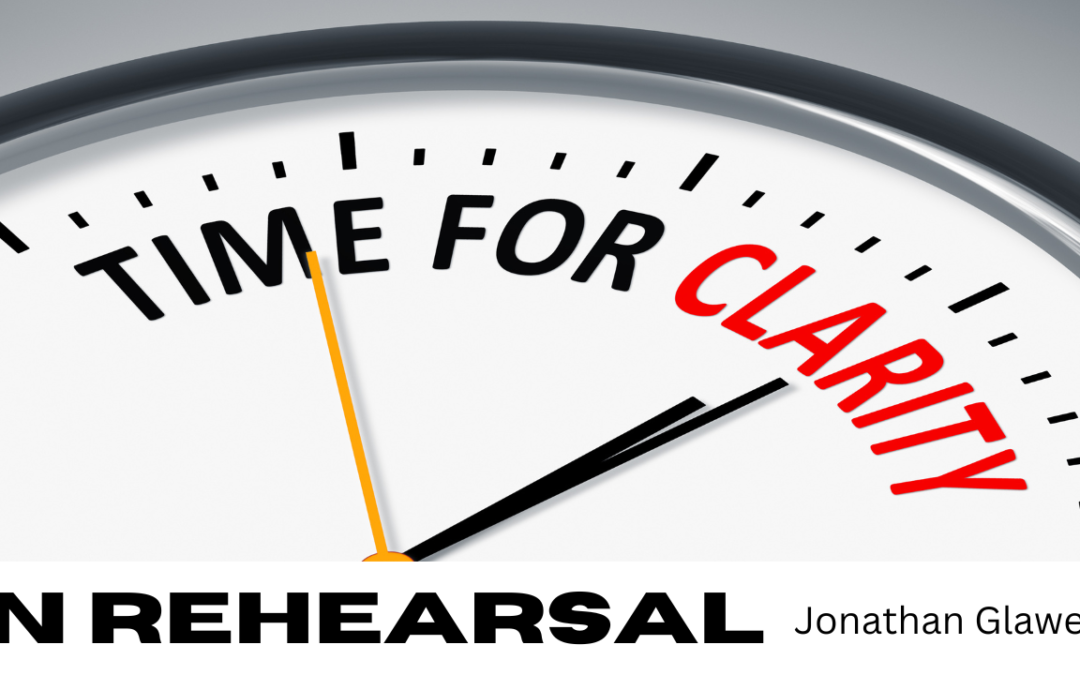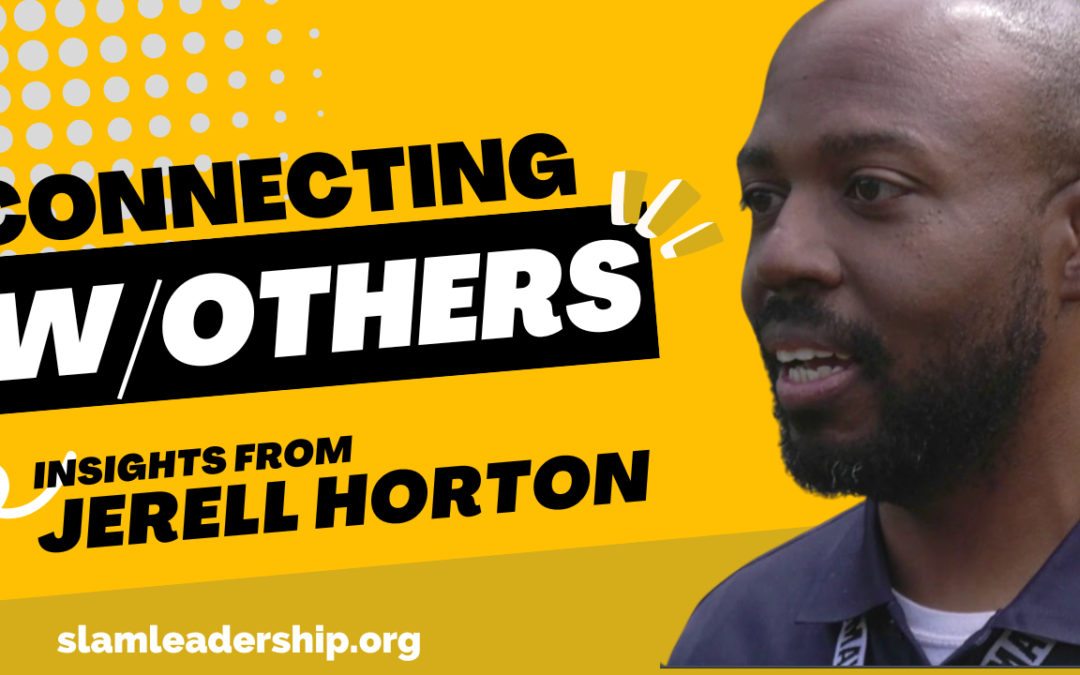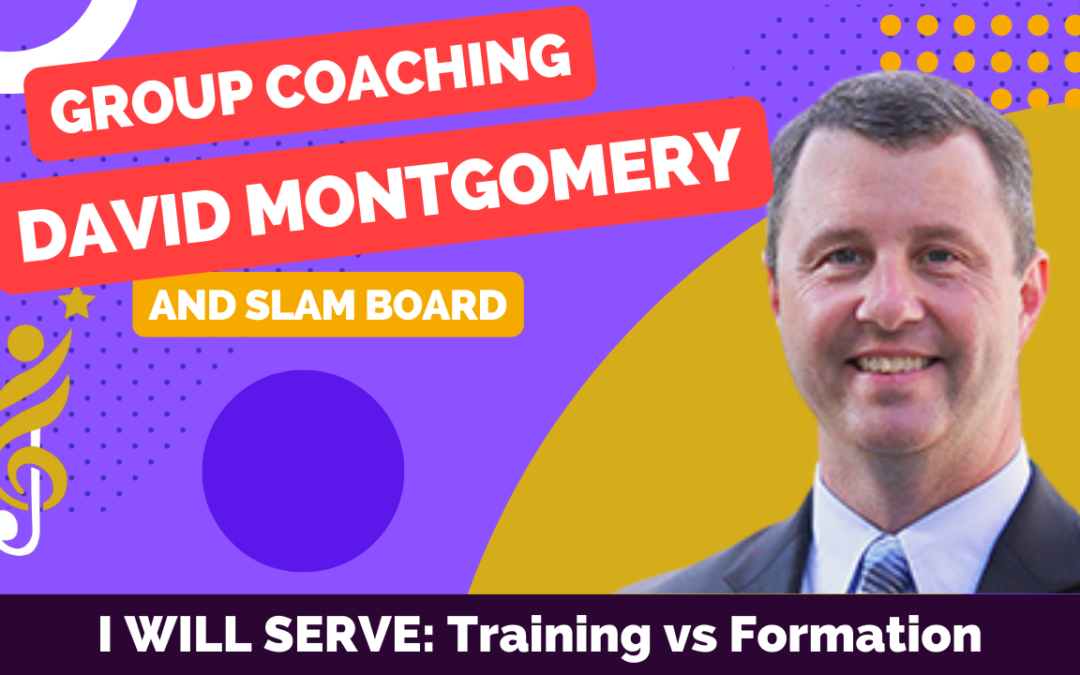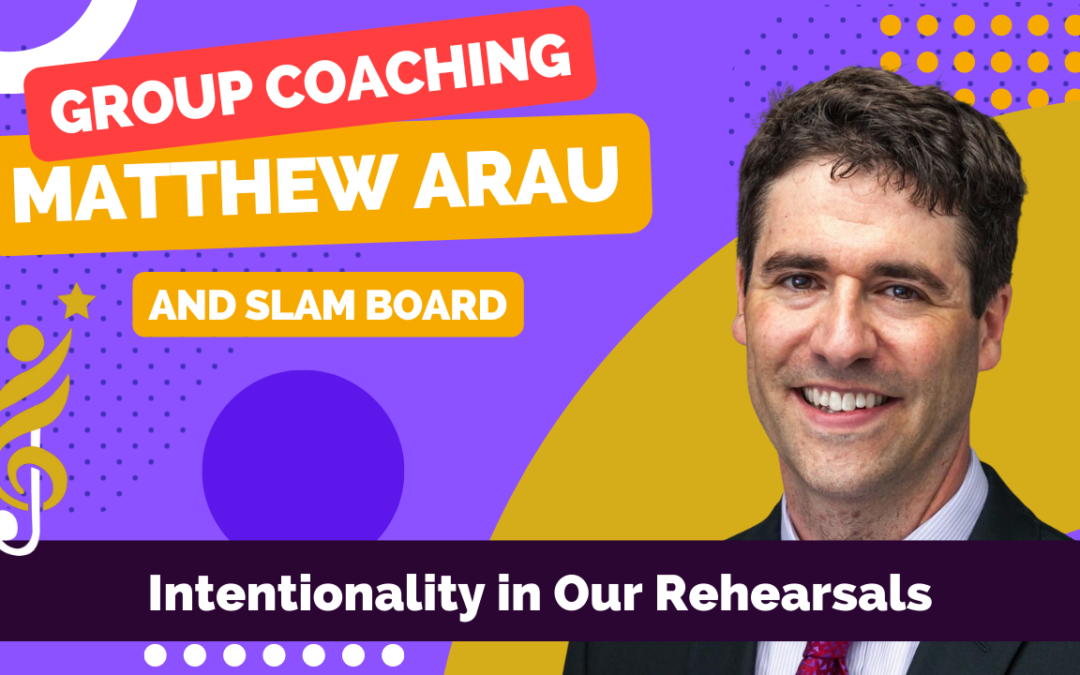Three Business Skills Every Music Educator Should Know
by Elisa Janson Jones | Conn Selmer, Inc.
Many of us entered our first music teaching job only to find that we had not been fully trained for many aspects of our job. We spent years in the mastery of our music and pedagogy, only to realize that many of our required tasks had nothing to do with music at all.
The reality of running a music program is very much like running a small business. But unlike most business owners, we have never been trained how. When I got my master’s degree in business administration it was with this fact in mind: if I was to come back to teaching it would be with the knowledge, I needed to run the business of my program, in addition to the pedagogy. Let’s look at the specific business skills you need to know to continue to build, manage, and grow your thriving school music program.
Accounting
You’ve probably kept a checkbook at some point in your life, and accounting is just a tad more complex. Instead of just tracking expenses, you also have to have a budget, income line items, accounts receivable, and accounts payable.
One of the best reasons to keep your own accounting is that you can more accurately plan for the future. You will have loads of data available to help justify your funding needs with your administration. Don’t limit your duties to financial specific accounting. Consider keeping track of everything about your program. Make a record of your annual performances. Track how many students you have in each class each year. Account for repairs, track your inventory. All of this data will help paint a picture of your program that will help you and your administrators make better decisions for your students. If you need additional support, there are plenty of online courses available on Udemy and Teachable to help give you the basics.
Public Relations
There are a lot of complex theories when it comes to public relations. In fact, the title itself can be deceptive. All that public relations do is keep people liking you and what you’re doing. It’s pleasing your stakeholders, like your admin, parents of students, and other teachers in your school. I like to think of it as ‘making people love you’.
We typically only hear about public relations when a company has done something wrong, or had some disaster befall it. But good PR is just as much preventative as it is a prescription. It’s something you can work on every day.
Think of it as having a bank account and the currency you fill it with is goodwill. Happy feelings. The more goodwill you put in your account, the more you already have when some gets taken out. There are dozens of ways to add goodwill to your PR account:
- Volunteer to cover a class for another teacher
- Ask your principal for advice on an issue you’re having
- Write thank you notes to everyone from the staff who attended your concert
- Be patient and forgiving when another teacher encroaches on your class time
- Communicate everything about your performances far in advance, and follow up often
- Send emails to parents when their students do good
- Always stay positive, even when dealing with a difficult issue
- Refuse to blame anyone, except yourself when it is your fault
- Apologize for mistakes right away
- Be someone others can count on…
The definitive book for personal public relations is still How to Win Friends and Influence People, by Dale Carnegie. Worth a read if you haven’t yet. Worth a second read if you have.
Web Development
I started teaching right as teacher websites were becoming a thing. Our district provided us all a portal that let us design our own classroom page. It was very cutting edge! Now, it is truly a necessary tool in our society today.
I recommend having at least three web pages:
- Your personal portfolio.This is where you can have videos of your teaching, articles you may have written, presentations you’ve given, and your resume. You can also embed your social media pages.
- Information page for your program. This is where you can make your event calendar, announcements for parents, and videos of performances available for people interested in your group. You can use this page for advocacy and public relations. This is the external-facing page that builds rapport for your program. Be sure to include contact information.
- Class link page. This page is intended to help keep your students in the loop. You can post upcoming concert information, tests, fliers and handouts, private teacher information, videos of their past performances, and practice resources.
You don’t have to make these things fancy, or even pay for them. Google Sites is free, easy, and intuitive. Weebly, WordPress, and Wix are all free options as well.
As you design your pages, think about what makes the most sense. The most important information should be the first thing that anyone sees when they visit the page. Think about who will be visiting the page and what they’ll be looking for, then make it very easy for them to find it.
Once you’ve made it user-friendly, you can explore making it beautiful. I recommend only using 2 contrasting fonts – one for headlines and one for body text. Likewise, keep your color pallet simple, with only 3-4 options. A great place to learn design for free is Canva.com. Their design school will help you craft a look and feel that reflects your awesome music program.
Remeber, financial responsibility with transparency is a high priority for any music program. Communication is critical. Though it takes many more skills to run a successful music program, or a successful business, these three: Accounting, Public Relations, and Web Development will get you off to a strong start.
